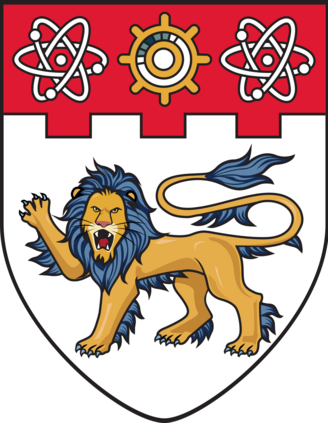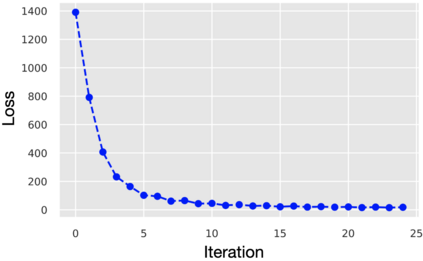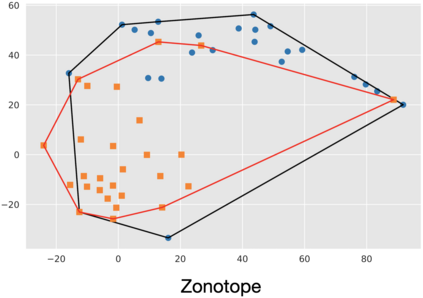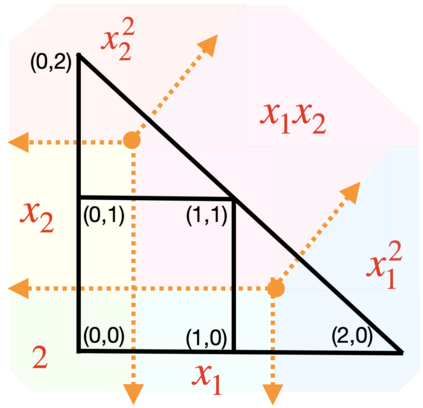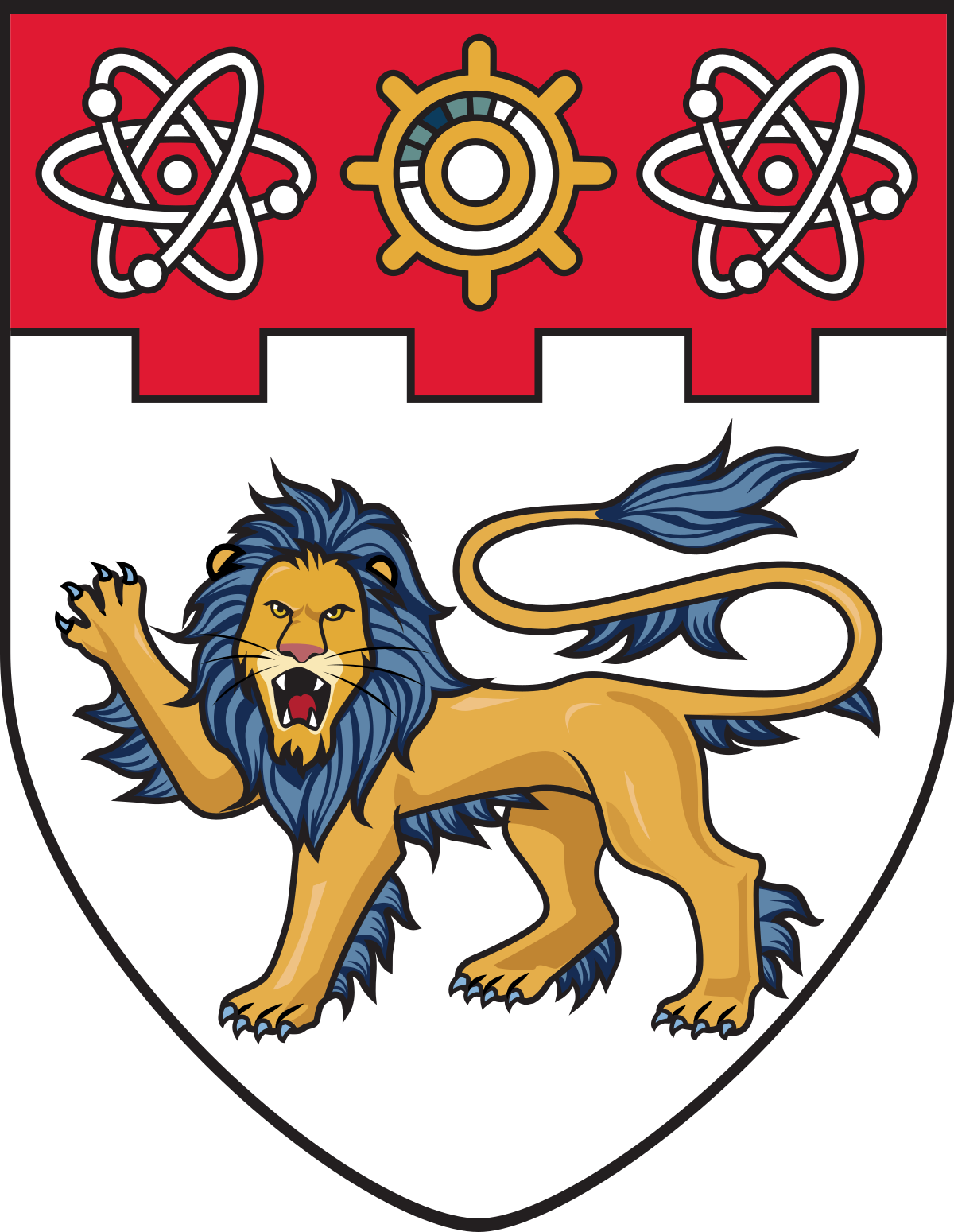Adapters are widely popular parameter-efficient transfer learning approaches in natural language processing that insert trainable modules in between layers of a pre-trained language model. Apart from several heuristics, however, there has been a lack of studies analyzing the optimal number of adapter parameters needed for downstream applications. In this paper, we propose an adapter pruning approach by studying the tropical characteristics of trainable modules. We cast it as an optimization problem that aims to prune parameters from the adapter layers without changing the orientation of underlying tropical hypersurfaces. Our experiments on five NLP datasets show that tropical geometry tends to identify more relevant parameters to prune when compared with the magnitude-based baseline, while a combined approach works best across the tasks.
翻译:暂无翻译

